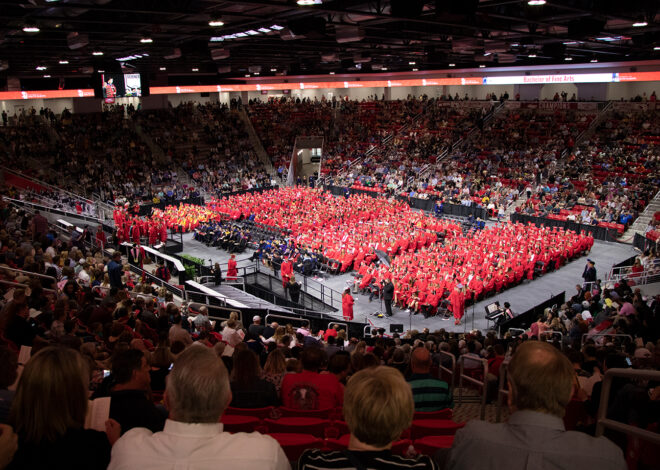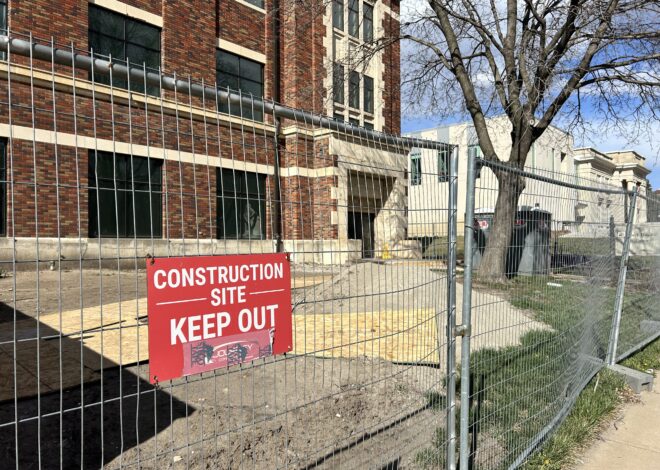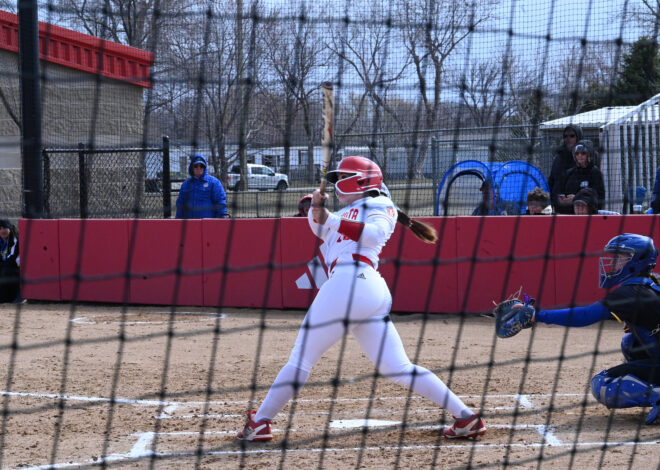
Candidate Profiles: State Senate District 17
Voters in District 17 will have two options for the Senate race heading into the Nov. 4 election.
Democrat Michelle Maloney and Republican Arthur Rusch are running for the open South Dakota Senate seat. Democratic incumbent Tom Jones is not running for re-election.
Candidates are listed below in alphabetical order.
Michelle Maloney, Democrat
When Michelle Maloney moved to Vermillion in 1988, the minimum wage was $5.50 and classes at the University of South Dakota were $57 a credit hour.
Now the Democrat is making those two issues, in addition to funding for economic development, the cornerstones of her campaign.
Maloney has owned several local businesses and been involved in the Vermillion Chamber and Development Company, Vermillion Downtown Business Association and the USD Foundation, among others.
Maloney remembers the 2004 fight to raise the minimum wage from $5.50 to it’s current $7.25.
“Everyone was making the same arguments then about how it was going to close businesses and nobody was going to be able to afford it,” Maloney said. “I wonder how many businesses would still be paying workers $5.50 an hour if they hadn’t mandated an increase.”
When it comes to permanently increasing funding for education, Maloney said she wants to find a way to appease both parties to keep tuition down and increase pay for teachers.
“I think it’s ridiculous to try to fund everything we’re trying to fund on the teachers’ backs,” Maloney said.
Each year, the legislature underestimates how much revenue the state will generate. By taking some of the additional funds, Maloney said the state could create a separate fund for education.
Through increasing teacher salary, Maloney said it makes affording the cost of living easier for teachers. By increasing professor salary, she said it will help recruit top tier professors, even if USD currently has good talent in the classrooms.
“You have dedicated professors taking a salary to be here,” Maloney said.
But what she sees as the biggest problem in the state legislature is the current Republican super-majority. Maloney said she spoke to a retired Republican state congressman who said a Democrat on his committee was rarely able to express their ideas because they wouldn’t receive a second.
“If there is no one there to second your motion, then no one can hear your idea,” Maloney said. “That’s the government we have right now, and that’s sad. We need to have a balanced government. It’s a healthy government, and I would say that on both sides.”
Arthur Rusch, Republican
Arthur Rusch has a lot of experience with waiting, so for him, a campaign for the South Dakota Senate is much like a day in the courtroom.
“I tell people it’s the same as waiting for the jury — you never know until they come back in with the result,” Rusch said.
Rusch’s experience includes time as the Clay County States Attorney, Special Assistant Attorney for the State of South Dakota, a city attorney, a South Dakota Circuit Judge and he served 25 years as a replacement judge for the state Supreme Court for when justices had a conflict.
His campaign focuses include funding for higher education and the criminal justice initiative.
Because tuition has been increasing faster than inflation, Rusch said more and more students are leaving college with large amounts of debt.
“I don’t think cutting tuition is feasible at all, but I’d like to see the state provide enough funding for higher education so it doesn’t go against inflation,” Rusch said.
The additional funds for higher education may lie in adding more rehabilitation efforts to the criminal justice system instead of expensive incarceration, he said.
“Perhaps if we spent less money on corrections, we could spend more money on higher education,” Rusch said.
Rusch said years of experience in the criminal justice field have prepared him for the legislature, which deals with deciding what actions are criminal offenses and sets the procedures and penalties for crimes.
“I’m very knowledgeable about the way it is made,” Rusch said.
Other candidates, including Maloney, the Democratic candidate for the South Dakota Senate, have expressed concerns about the state’s current Republican super-majority at events such as the Oct. 20 District 17 debate. But Rusch said as a judge, he learned to be impartial.
“Political affiliation never had a deal in a decision I’ve made,” Rusch said.
He also said experience should be a deciding factor.
“I have voted for Democrats lots of times in my life,” Rusch said. “I voted because they were the most qualified candidates. I’ve never voted for a Democrat because the Democratic party is in trouble. It’s not a worthwhile argument to say vote for Democrats because they’re in trouble. Every person should vote for the most qualified candidate.”



